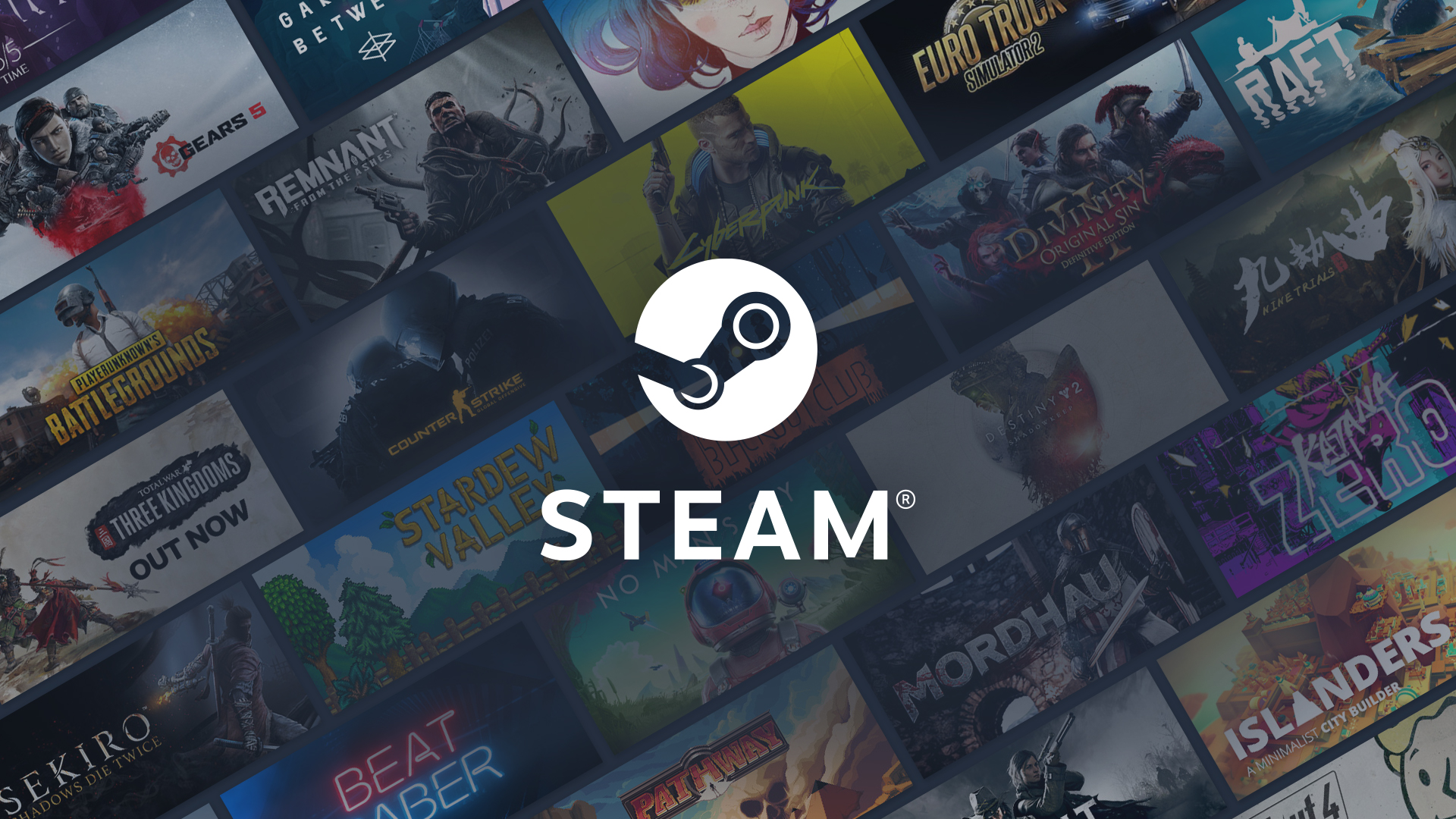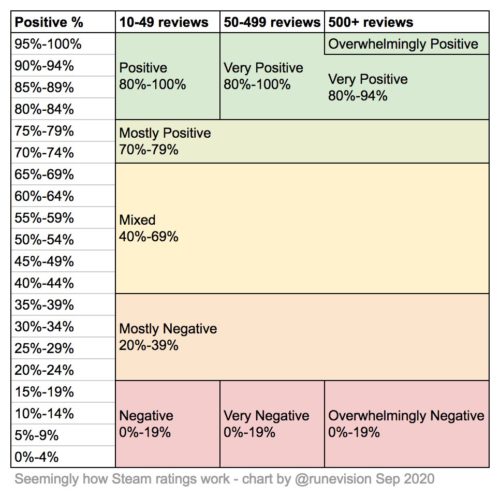Steam algorithm: what factors directly affect its operation and game sales
The influence of the Steam algorithm on the sales and popularity of games periodically causes controversy among developers. Former game designer Simon Carless analyzed the mechanisms of his work, based on direct comments from Valve employees.He was contacted by investor Jason Della Rocca, who recently spoke with Valve about Steam.

The company’s employees have identified a number of points in the work of their algorithm that cause the most misconceptions. Carless decided to dwell on three of them in more detail
1. User Reviews”User ratings at or above the “mixed” level do not affect the algorithm.
If the rating of the game falls below “mixed”, the game begins to filter out.”
- Carless notes that even “mostly positive” ratings do not guarantee big sales. It all depends on the user’s interest in a particular game;some publishers (for example, No More Robots) still strive to keep the user rating at least “very positive”.
- However, no “hidden jumps of the algorithm” due to estimates can occur.Speaking about how the rating itself is considered: it is influenced by both the number of user reviews and what percentage of them are positive.
Indie developer Rune Johansen, using data from Carless’ material, compiled a table of criteria for rating games on Steam.2. The algorithm tracks sales jumps
“Steam doesn’t care if the jump in sales occurred on launch day or two years later.
A jump is a jump, and the algorithm will notice it anyway… despite the number of days since the launch, the game will not receive “penalties” or additional effects.”
- You can get a feature from Valve thanks to both the algorithm and the work of editors who also track projects that are gaining popularity;as Carless notes, the algorithm simply turns on in case of a sharp jump in sales, if copies of the game begin to “fly away” every minute;
- The most illustrative example is Among Us.
- The game, which has been quietly on Steam for two years, got into the “Recommended” on the main page thanks to an explosive increase in sales.3. The algorithm does not take into account clicks on the game page
“Statistics of clicks or interactions with the game page does not affect the algorithm in any way.
This data is provided to developers so that they can make more informed promotion decisions and measure what has an effect on attracting users.”
Carless compares SteamWorks to the work of Google Analytics. This is just a tool for collecting statistics, not a “place for the algorithm to work”.
From this it follows that for the most part the sales and popularity of the game directly depend on the developers. “As a rule, good sales are related to how attractive you will make the game for users, as well as what kind of community you will build around it. The evil computer from Seattle, who decided to deceive you, has nothing to do with it,” Carless sums up.
Also on the topic:
- How Among Us managed to become a hit on Steam after two years of unsuccessful stay in the storeValve is working on a new cloud platform — Steam Cloud Play
- On Steam, the number of games earning more than $10 thousand at launch is growing every year
- Is there any news?
Share it with us, write to press@app2top.ru
